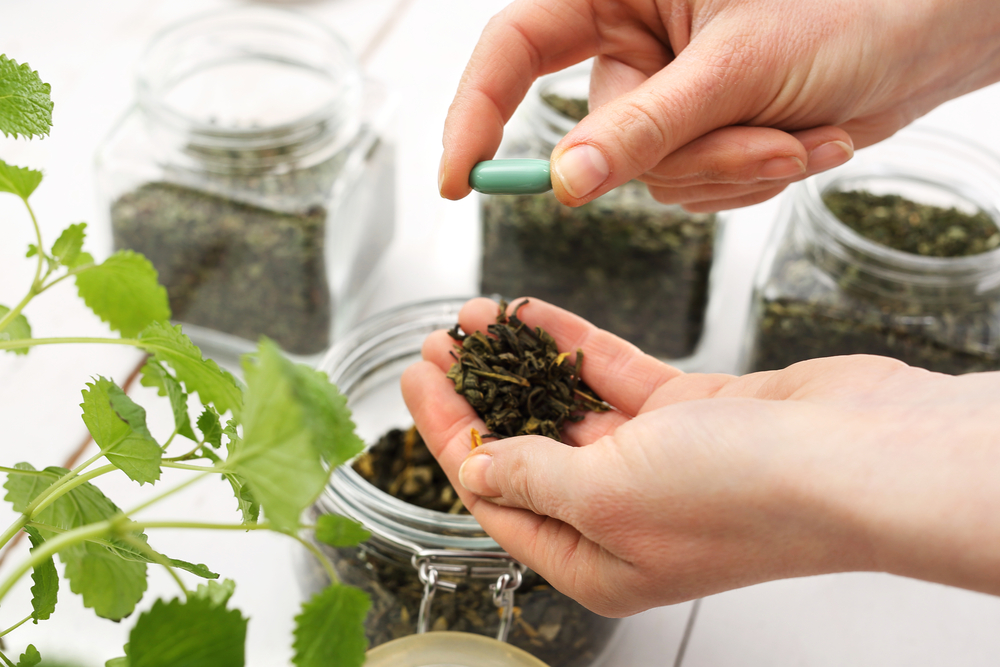Chinese Herbal Medicine Can Ease Brain Inflammation and Protect Neurons, Mice Study Reports

A concoction made from several Chinese herbal medicines helped reduce brain inflammation and promoted nerve cell survival in a mouse model of Parkinson’s disease, a study finds.
The study, “Curative Anti-Inflammatory Properties of Chinese Optimized Yinxieling Formula in Models of Parkinson’s Disease,” was published in Evidence-Based Complementary and Alternative Medicine.
Parkinson’s disease is characterized by the gradual loss of dopaminergic neurons in the substantia nigra — a region of the brain responsible for movement control — together with brain inflammation caused by the over-activation of glial cells, which are cells that support and protect neuronal cells, and are more reactive and proliferative than neurons.
“In PD [Parkinson’s disease], neuroinflammation (…) mediated primarily by microglial activation can directly cause DAN [dopaminergic neurons] damage,” the researchers stated. Therefore, finding a way to reduce brain inflammation and prevent glial over-activation “could be an effective method for treating PD.”
The Optimized Yinxieling Formula (OYF), a Chinese concoction of eight different plants, has been used orally to treat patients with moderate and severe psoriasis, an autoimmune disease that affects the skin, characterized by itchy or sore thick patches with silvery scales. The effectiveness of OYF comes from its anti-inflammatory properties, scientists say.
A team of Chinese researchers investigated OYF to treat brain inflammation in a mouse model of Parkinson’s disease. The team found that the herbal medicine successfully blocked the production of pro-inflammatory cytokines (molecules that mediate immune responses) and reduced overall inflammation in mouse glial cells that were activated and cultured in a laboratory dish (in vitro).
As expected, animals treated with MPTP (a neurotoxin that induces Parkinson’s symptoms) showed glial over-activation and poor performance on different behavioral tests. However, when these animals were injected with OYF, glial over-activation was blocked and motor impairments greatly reduced.
To pinpoint the molecular mechanisms responsible for the positive effects of OYF, researchers compared the transcriptome of animals treated with OYF to those receiving a saline solution (control group). The transcriptome is the group of all RNA molecules produced from active genes in a cell or tissue.
Transcriptomic analysis identified 16 signaling pathways responsible for immune system regulation that were highly active in mice treated with OYF. In addition, OYF use lowered the activity of 15 other signaling cascades involved in inflammatory response, “suggesting that the physiological effects of OYF involve key roles of immune and inflammation regulations.”
“[O]ur data showed that OYF can inhibit microglial activation and suppress secretion of proinflammatory cytokines, which collectively protects DAN [dopaminergic neurons] from immune-mediate death,” the researchers said.
“This study suggests that OYF can be used as an effective anti-inflammatory treatment in PD mouse model, providing a novel perspective for the treatment and prevention of PD patients, although more studies of clinical trials in PD might be necessary,” they concluded.






